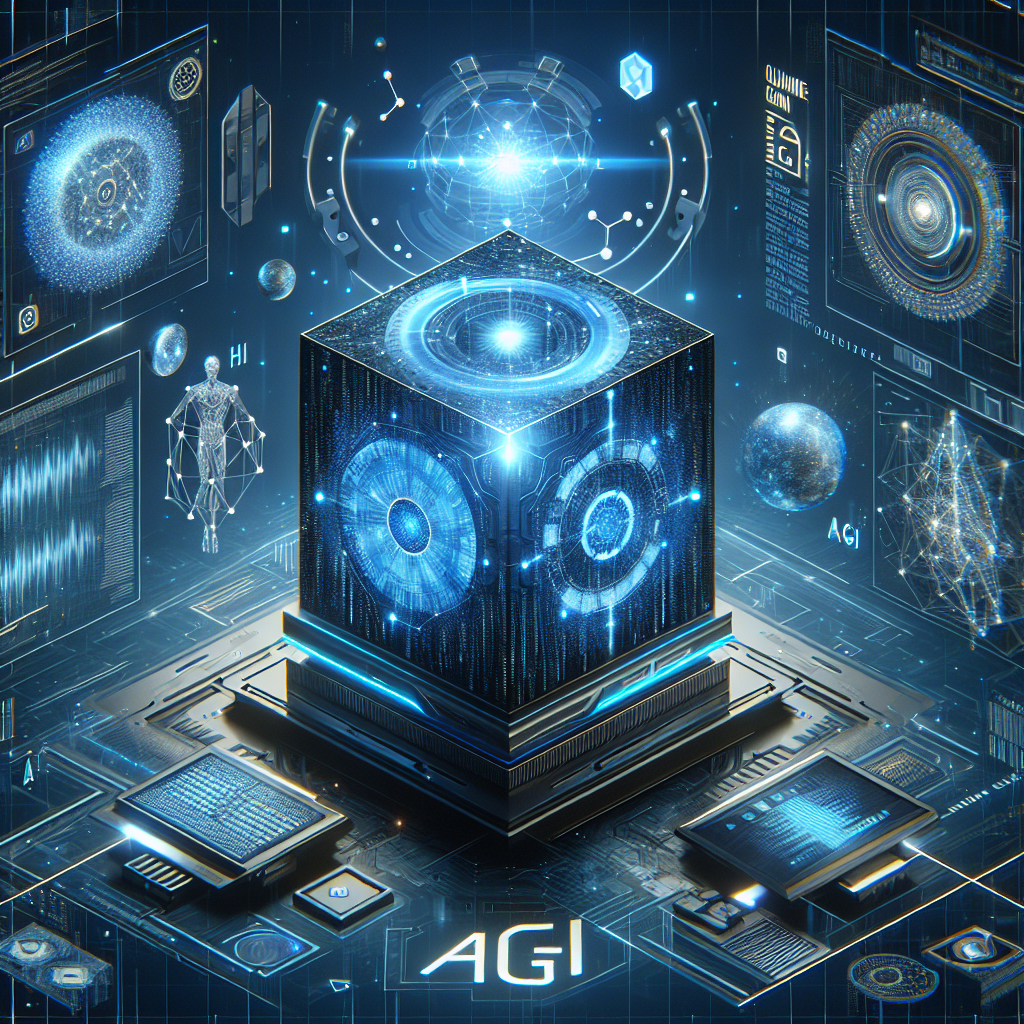Artificial General Intelligence (AGI) has been a topic of fascination and speculation for decades. AGI refers to a type of artificial intelligence that possesses the ability to understand, learn, and apply knowledge across a wide range of tasks and domains, similar to the capabilities of a human being. While current AI technologies excel at specific tasks, such as image recognition or natural language processing, AGI aims to replicate the general cognitive abilities of humans.
The potential impact of AGI on the future of technology is immense. AGI has the potential to revolutionize industries, improve efficiency, and transform the way we live and work. In this article, we will explore the implications of AGI for the future of technology and address some frequently asked questions about this emerging technology.
The Promise of AGI
AGI has the potential to transform virtually every aspect of our lives. From healthcare to transportation, AGI could revolutionize industries and improve outcomes for individuals and organizations. One of the key promises of AGI is its ability to automate complex tasks that currently require human intervention. This could lead to significant increases in efficiency and productivity, as well as cost savings for businesses.
In healthcare, for example, AGI could help doctors diagnose diseases more accurately and quickly, leading to better patient outcomes. In transportation, AGI could improve the safety and efficiency of autonomous vehicles, reducing accidents and congestion on the roads. In finance, AGI could help investors make better decisions by analyzing vast amounts of data and identifying trends and patterns that humans may overlook.
The potential applications of AGI are vast and varied, and the technology has the potential to impact nearly every industry and sector of society. However, with great promise comes great responsibility, and there are also significant ethical and societal implications to consider when it comes to the development and deployment of AGI.
Challenges and Concerns
While the potential benefits of AGI are vast, the technology also presents a number of challenges and concerns. One of the key challenges is the development of AGI itself. Creating a machine that possesses the general cognitive abilities of a human is an incredibly complex and ambitious task, requiring advances in machine learning, robotics, and other fields. Researchers face significant technical hurdles in developing AGI, such as ensuring that the technology is safe, reliable, and ethical.
Another concern is the potential impact of AGI on the job market. As AGI becomes more advanced, there is a risk that it could automate a wide range of jobs, leading to widespread unemployment and economic disruption. While some argue that AGI will create new jobs and opportunities, others fear that the technology could exacerbate inequality and lead to social unrest.
There are also ethical concerns surrounding AGI, such as the potential for bias and discrimination in AI systems. If AGI is not developed and deployed responsibly, it could perpetuate existing inequalities and injustices in society. There are also concerns about the potential for AGI to be misused for malicious purposes, such as surveillance or warfare.
Despite these challenges and concerns, many researchers and technologists remain optimistic about the potential of AGI to improve our lives and society. By addressing these challenges and working to ensure that AGI is developed and deployed responsibly, we can harness the power of this technology to create a better future for all.
Frequently Asked Questions about AGI
Q: What is the difference between AGI and narrow AI?
A: AGI refers to artificial intelligence that possesses the general cognitive abilities of a human, while narrow AI refers to AI that is designed to perform specific tasks or functions. AGI is more flexible and adaptable than narrow AI, as it can learn and apply knowledge across a wide range of domains.
Q: When will AGI be developed?
A: The timeline for the development of AGI is uncertain, as it is a complex and ambitious goal. Some researchers believe that AGI could be achieved within the next few decades, while others argue that it may take much longer. The development of AGI will depend on advances in technology, research, and funding.
Q: What are the ethical implications of AGI?
A: The development and deployment of AGI raise a number of ethical concerns, such as bias, discrimination, and privacy. It is important for researchers and policymakers to address these ethical issues and ensure that AGI is developed and deployed responsibly.
Q: How will AGI impact the job market?
A: AGI has the potential to automate a wide range of jobs, leading to widespread unemployment and economic disruption. However, some argue that AGI will create new jobs and opportunities, while others fear that it could exacerbate inequality and lead to social unrest.
Q: What are the risks of AGI?
A: There are a number of risks associated with the development and deployment of AGI, such as the potential for bias, discrimination, and misuse. It is important for researchers and policymakers to address these risks and ensure that AGI is developed and deployed responsibly.
In conclusion, AGI has the potential to be a game-changer for the future of technology. By harnessing the power of AGI, we can revolutionize industries, improve efficiency, and transform the way we live and work. However, the development and deployment of AGI also present a number of challenges and concerns that must be addressed. By working together to address these challenges and ensure that AGI is developed and deployed responsibly, we can unlock the full potential of this transformative technology.

